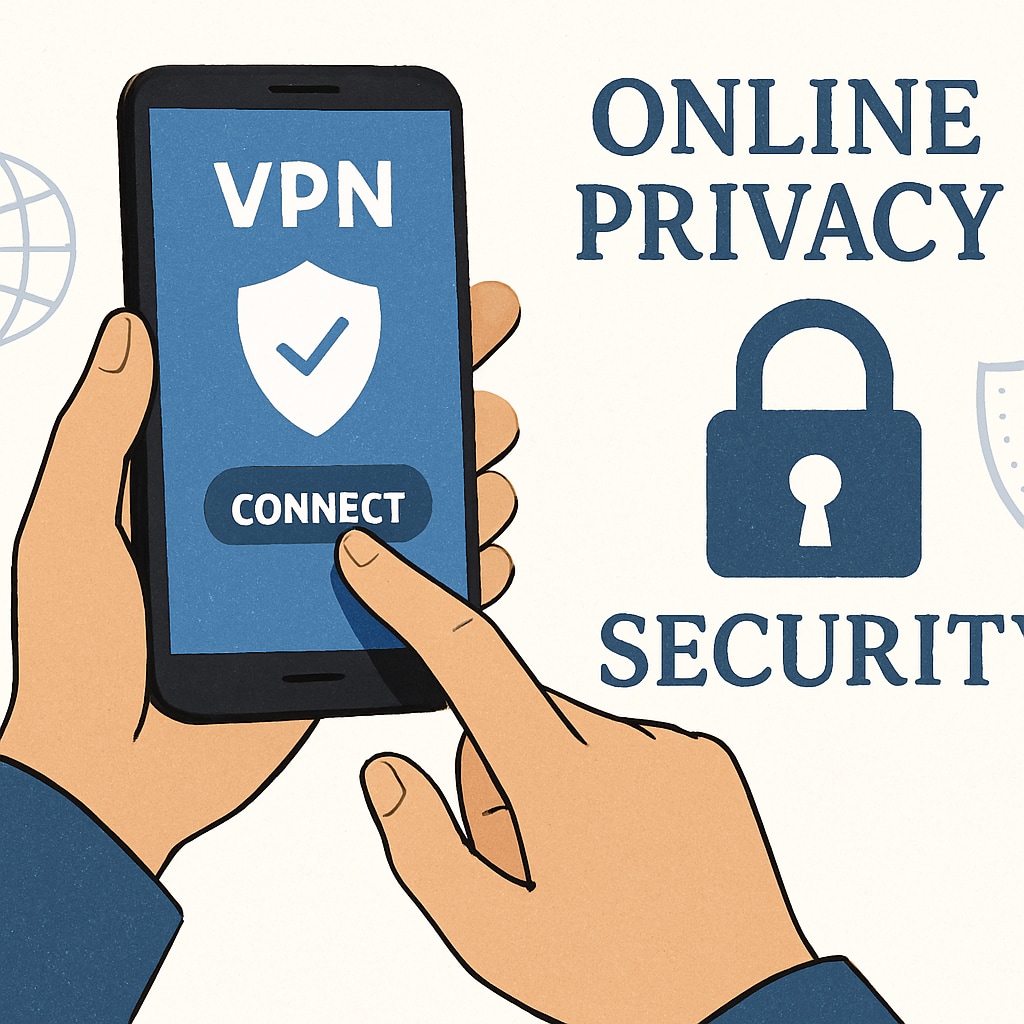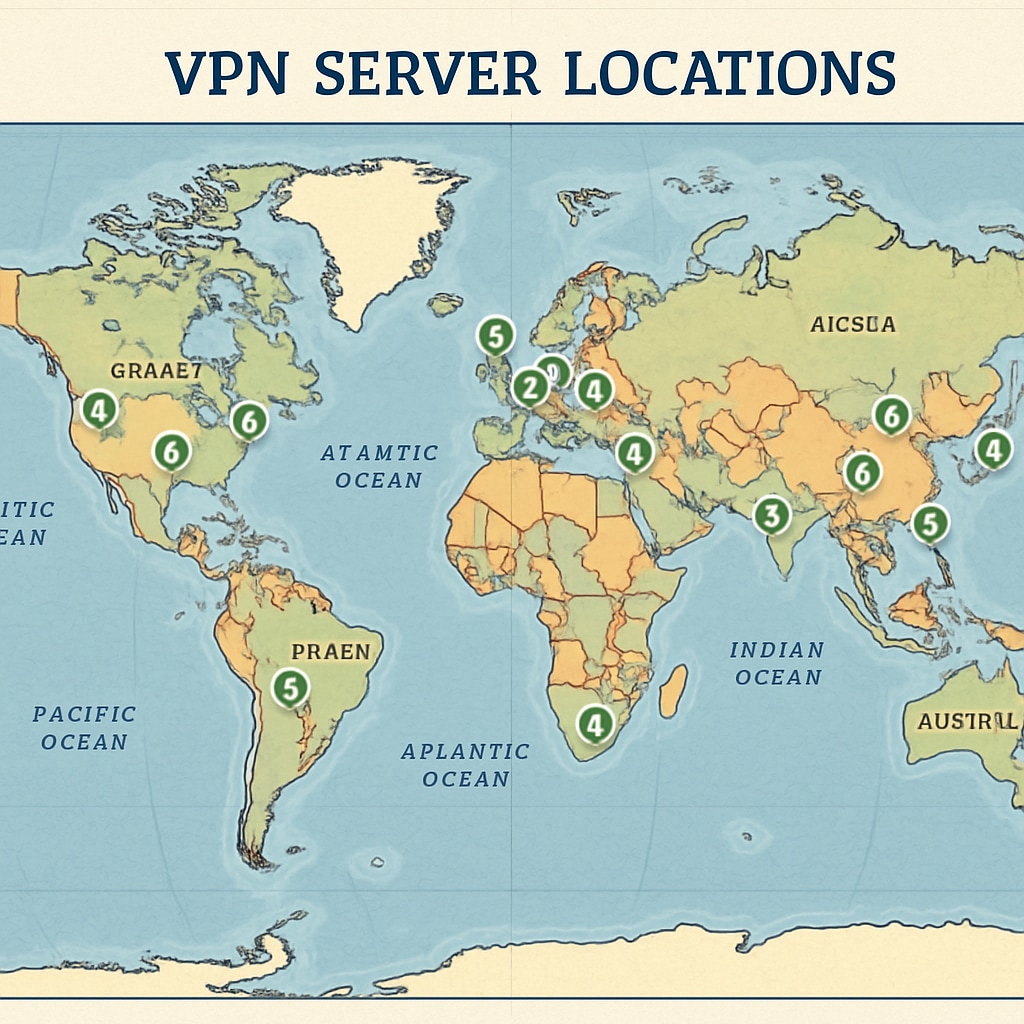The introduction of stringent age verification laws in the UK has dramatically influenced the way individuals access online content. These regulations, aimed at protecting minors from inappropriate materials, have inadvertently driven a surge in VPN (Virtual Private Network) usage. As users prioritize privacy and unrestricted internet access, VPNs have become the go-to solution for navigating the constraints imposed by these new legal requirements.
What Are the UK’s Age Verification Laws?
In recent years, the UK government has enacted laws mandating age verification for certain online platforms, particularly those hosting adult content. These measures require websites to verify that users are of legal age before granting access. While the intent is to safeguard minors, the laws have been met with criticism for their potential to compromise user privacy and limit access to legitimate content.
The verification process typically involves sharing personal information, such as credit card details or government-issued identification, raising significant privacy concerns. Critics argue that these systems create centralized databases vulnerable to breaches, potentially exposing sensitive user information.

How VPNs Help Users Circumvent Age Verification
VPNs have surged in popularity as a direct response to these legal developments. A VPN allows users to mask their IP addresses and encrypt their internet traffic, effectively bypassing geographical restrictions and verification systems. This technology empowers users to access restricted content anonymously, avoiding the need to disclose personal information during the age verification process.
Some of the key benefits of VPN usage include:
- Bypassing geo-restrictions to access content globally.
- Maintaining anonymity by masking IP addresses.
- Protecting sensitive information through encryption.
However, this increased reliance on VPNs raises ethical and legal concerns. While VPNs are legal in the UK, using them to circumvent age verification laws could potentially violate the spirit of the regulations. This creates a complex dynamic between privacy advocacy and legal compliance.

The Broader Implications of Age Verification Laws
Aside from fueling VPN adoption, these laws have broader societal and technological implications. For one, they highlight the ongoing tension between protecting vulnerable populations and ensuring online privacy. Governments worldwide are closely monitoring the UK’s approach, which could set a precedent for similar regulations in other countries.
Moreover, the rise in VPN usage underscores growing consumer awareness of online privacy issues. According to recent studies, VPN adoption in the UK has increased by over 30% since the introduction of age verification laws. This trend reflects a broader shift toward user-controlled online experiences, where individuals seek tools to reclaim their digital autonomy.
However, there are potential drawbacks. For instance:
- Legitimate businesses may struggle with compliance costs and reduced user traffic.
- Law enforcement faces challenges in regulating illegal activities conducted via VPNs.
- The digital divide may widen, as tech-savvy users benefit from VPNs while others remain restricted.
What Lies Ahead?
As the debate around age verification and VPN usage continues, stakeholders must strike a balance between regulation and digital freedom. Policymakers need to address privacy concerns while ensuring that protective measures achieve their intended outcomes. Likewise, VPN providers must navigate the ethical implications of their services, particularly in regions with restrictive internet laws.
For users, the rise of age verification laws serves as a reminder to stay informed about their online rights and the tools available to protect them. By fostering transparency and innovation, it may be possible to create a digital landscape that respects both privacy and safety.
Conclusion: The interplay between age verification laws and VPN usage in the UK reflects larger global trends in internet regulation and privacy. As these issues evolve, they will undoubtedly shape the future of digital rights and responsibilities.


